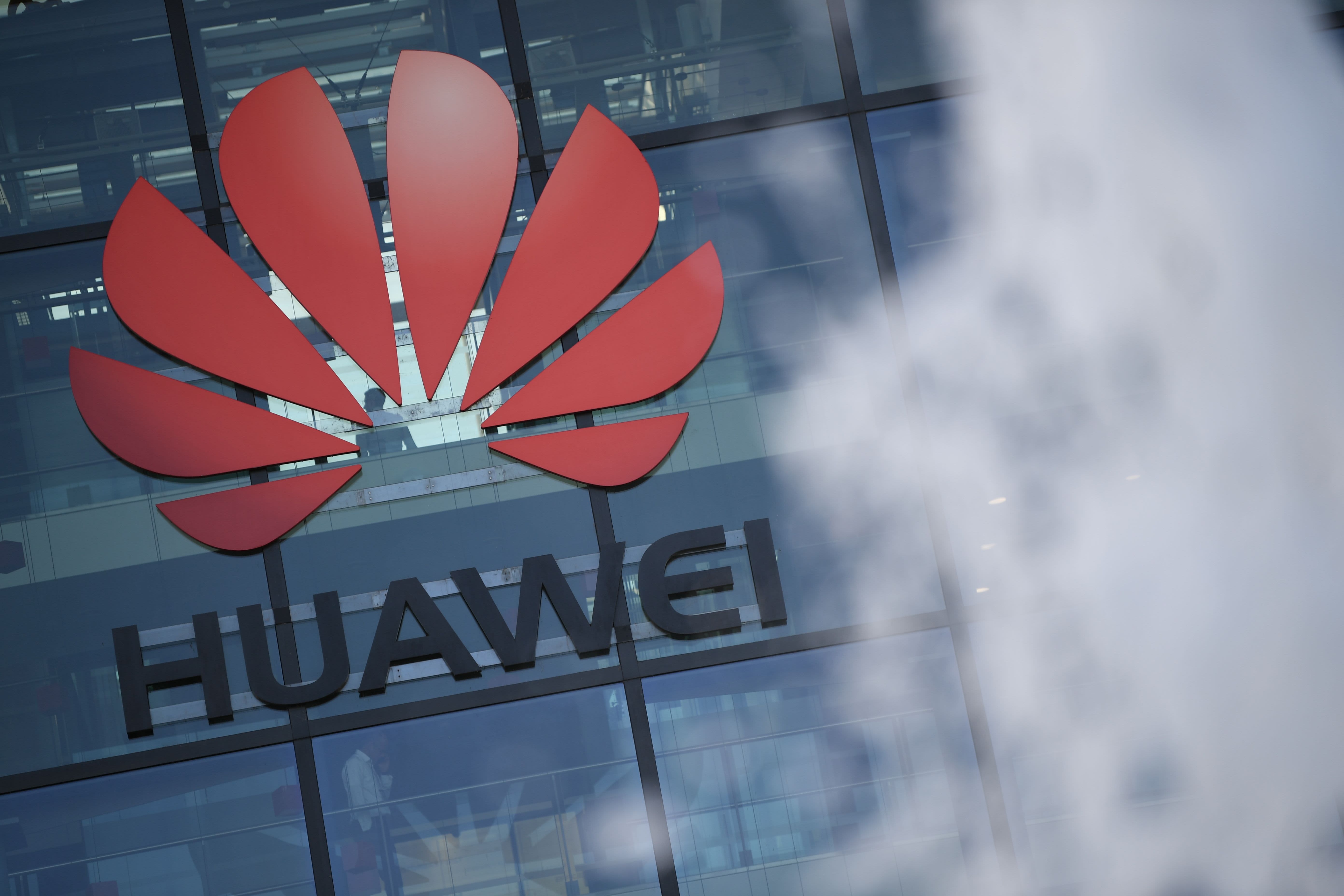Huawei says Qualcomm applied for a license to sell it chips and will use them in smartphones if allowed

Huawei said that Qualcomm has applied for a license to sell it chips and will use them in smartphones if permission is granted by the U.S. government.
China's Huawei was put on a U.S. blacklist last year that restricted American businesses from selling products to the Chinese phonemaker. U.S. companies, including Qualcomm, were required to get a license from the government to export goods to companies on that list.
Then in May this year, Washington amended a rule to require foreign manufacturers using U.S. chipmaking equipment to get a license before being able to sell semiconductors to Huawei. The U.S. government tightened this rule in August, a move which could lead to a "near-total" cut-off for Huawei from key semiconductor.
Huawei designs its own smartphones chips called Kirin, via its HiSilicon subsidiary. But Kirin is manufactured by Taiwanese contract chipmaker Taiwan Semiconductor Manufacturing Company. From Sept. 15, TSMC was no longer able to supply chips to Huawei.
"The U.S. has been continuously attacking us ... and that has posed great challenges to our production and our operation," Guo Ping, rotating chairman at Huawei, said on Wednesday. "We got the last batch of chipsets in middle of September, we are still evaluating more details."
Guo said that the company has "sufficient stock" of chips for its business to business divisions, which would include its networking equipment. He did not comment on how much stock is left for its smartphones.
Due to the U.S. sanctions, Huawei has very few options when it comes to procuring the chips it needs now.
Qualcomm has been lobbying the U.S. government to allow it to export chips to Huawei, according to a Wall Street Journal report in August. The U.S. chip giant argued in a presentation seen by the WSJ that the export restrictions will hand billions of sales to Qualcomm's competitors.
During the company's second quarter earnings results last year, CEO Steve Mollenkopf blamed the export restrictions on Huawei for weakness in its numbers at the time.
Huawei has more recently used its own Kirin chip in its smartphones. But now that it cannot get those semiconductors, Qualcomm could fill the gap if it gets an export license. That would be a big boost for Qualcomm's business.
"Qualcomm has always been a very important partner of Huawei. Over the past decade and more, Huawei has been procuring chipsets from Qualcomm. I've noticed Qualcomm has applied for a license to export products to Huawei from the U.S. government and if they get the license we are willing to continue to procure from them and use their chipsets in our smartphones," Guo said.
Qualcomm was not immediately available for comment when contacted by CNBC.
Meanwhile Intel has been granted a license by the U.S. to sell certain products to Huawei, according to Reuters.
tinyurlis.gdv.gdv.htu.nuclck.ruulvis.netshrtco.detny.im
